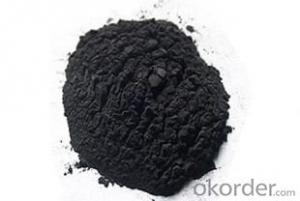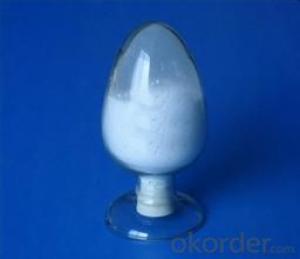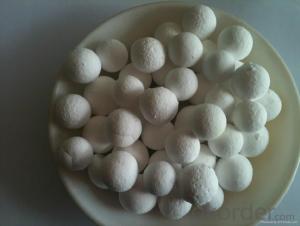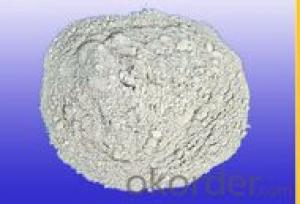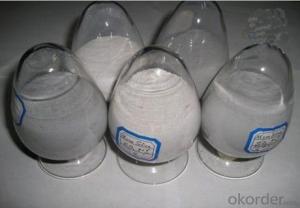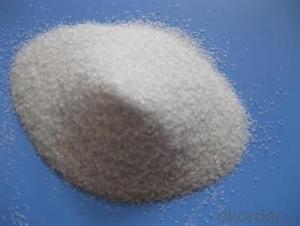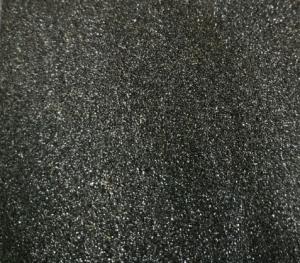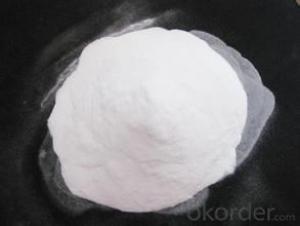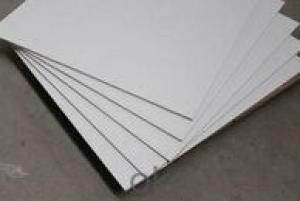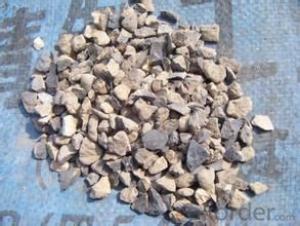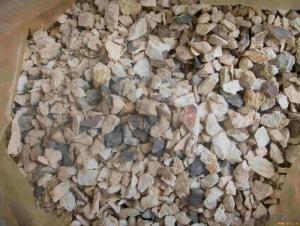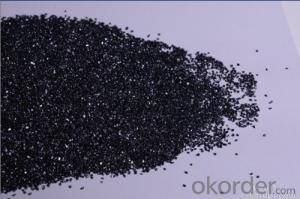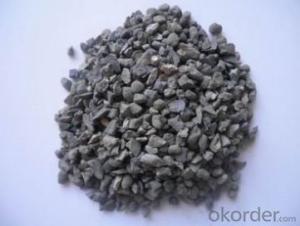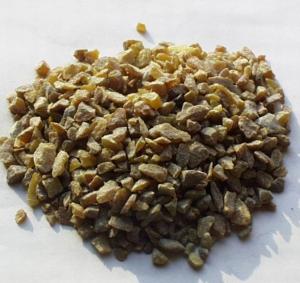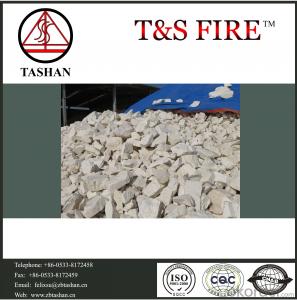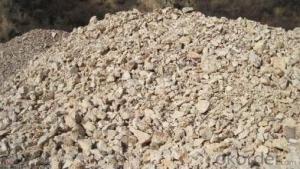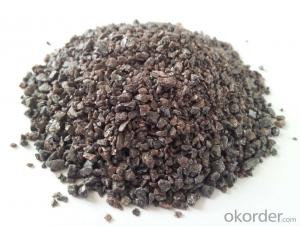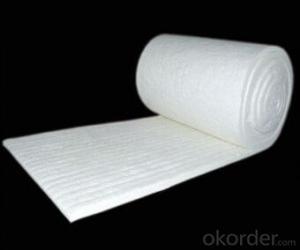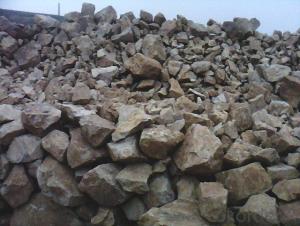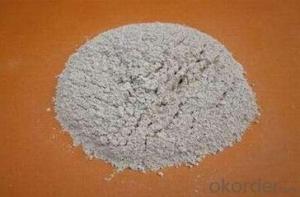All Categories
- - Steel Wire Rod
- - Steel Coils
- - Steel Profiles
- - Steel Pipes
- - Stainless Steel
- - Tinplate
- - Special Steel
- - Steel Sheets
- - Steel Rebars
- - Steel Strips
- - Hot Rolled Steel
- - Cold Rolled Steel
- - Pre-painted Steel
- - Seamless Steel Pipe
- - Welded Steel Pipe
- - Hollow Steel Tubes
- - Galvanized Pipe
- - Stainless Steel Coil
- - Stainless Steel Sheet
- - Stainless Steel Plate
- - Stainless Steel Strips
- - Electrolytic Tinplate Coil
- - Electrolytic Tinplate Sheet
- - Stainless Steel Rebars
- - Solar Panels
- - Solar Water Heater
- - Solar Related Products
- - Solar Inverter
- - Solar Cells
- - Solar Light
- - Solar Energy Systems
- - Solar Controllers
- - Solar Mounting System
- - Solar Pump
- - Solar Chargers
- - Fiberglass Chopped Strand
- - Fiberglass Mesh Cloth
- - Composite Pipes
- - FRP Pultrusion Profiles
- - Fiberglass Mat Tissue
- - Fiberglass Fabrics
- - Fiberglass Mesh
- - Composite Tank
- - Fiberglass Mesh tape
- - Polymer
- - FRP Roofing Panel
- - Fiberglass Roving
- - Monolithic Refractories
- - Ceramic Fiber Products
- - Refractory Bricks
- - Raw Materials For Refractory
- - Suspended Platform
- - Cranes
- - Concrete Machinery
- - Earthmoving Machinery
- - Building Hoist
- - Road Building Machinery
- - Plastic Pipe Fittings
- - Plastic Tubes
- - Plastic Sheets
- - Agricultural Plastic Products
- - Plastic Nets
Q & A
What is the role of phosphate-bonded alumina in refractories?
The role of phosphate-bonded alumina in refractories is to provide strength, stability, and resistance to high temperatures. It acts as a binder, holding the refractory particles together and forming a solid structure. The phosphate bond also contributes to the refractory's ability to withstand thermal shocks, chemical attacks, and other harsh conditions. Additionally, phosphate-bonded alumina can improve the refractory's insulation properties, making it an essential component in various industries that require materials capable of withstanding extreme heat and harsh environments.
What are the common types of clay used in refractory production?
The common types of clay used in refractory production are fire clay, kaolin clay, and bentonite clay.
How does the choice of raw materials affect the thermal insulation properties of refractory products?
The choice of raw materials plays a significant role in determining the thermal insulation properties of refractory products. Certain materials have better insulating properties than others, meaning they can effectively resist heat transfer. For example, materials with low thermal conductivity like ceramic fibers or lightweight aggregates are commonly used in refractory products to enhance their thermal insulation capabilities. On the other hand, using raw materials with high thermal conductivity, such as metals or dense minerals, would diminish the insulation properties of the refractory products. Therefore, selecting suitable raw materials is crucial in achieving desired levels of thermal insulation in refractory products.
How do different types of zircon compare in terms of performance in refractory applications?
Different types of zircon can vary in their performance in refractory applications. Generally, high-quality zircon with a higher zirconium dioxide (ZrO2) content tends to exhibit superior performance due to its excellent thermal stability, high melting point, and low thermal expansion. These properties make it suitable for use in high-temperature environments, such as furnaces and kilns. On the other hand, lower-quality zircon may have lower ZrO2 content and inferior properties, resulting in decreased performance and durability in refractory applications. Therefore, it is crucial to consider the specific type and quality of zircon when evaluating their performance in refractory applications.
Wholesale Raw Materials For Refractory from supplier in Ecuador
With our strong reputation as a supplier of Raw Materials For Refractory in Ecuador, backed by our affiliation with CNBM, a Fortune Global 500 company, we are confident in our ability to meet all your needs. Our comprehensive range of products and services, including sales, quotations, and technical support, are specifically tailored to the Ecuadorian market.
When you choose us, you can expect a smooth and efficient procurement process. Our extensive product selection ensures that we can fulfill your specific requirements. Furthermore, our deep understanding of the Ecuadorian market, gained through years of experience, allows us to provide valuable insights and expertise for your projects.
Customer satisfaction is paramount to us, and we take pride in delivering exceptional customer service. Our dedicated team is committed to offering the best solutions and support throughout your procurement journey.
For all your Raw Materials For Refractory needs in Ecuador, we are your trusted partner. Contact us today to discover the possibilities and benefit from our unparalleled expertise and resources.
When you choose us, you can expect a smooth and efficient procurement process. Our extensive product selection ensures that we can fulfill your specific requirements. Furthermore, our deep understanding of the Ecuadorian market, gained through years of experience, allows us to provide valuable insights and expertise for your projects.
Customer satisfaction is paramount to us, and we take pride in delivering exceptional customer service. Our dedicated team is committed to offering the best solutions and support throughout your procurement journey.
For all your Raw Materials For Refractory needs in Ecuador, we are your trusted partner. Contact us today to discover the possibilities and benefit from our unparalleled expertise and resources.
Hot Search
- Monolithic Refractories in Somalia
- Ceramic Fiber Products in Finland
- Refractory Bricks in Slovakia
- Raw Materials For Refractory in Niger
- Raw Materials For Refractory in Guinea
- Ceramic Fiber Products in Belize
- Raw Materials For Refractory in Haiti
- Monolithic Refractories in Samoa
- Raw Materials For Refractory in Argentina
- Monolithic Refractories in Nauru
